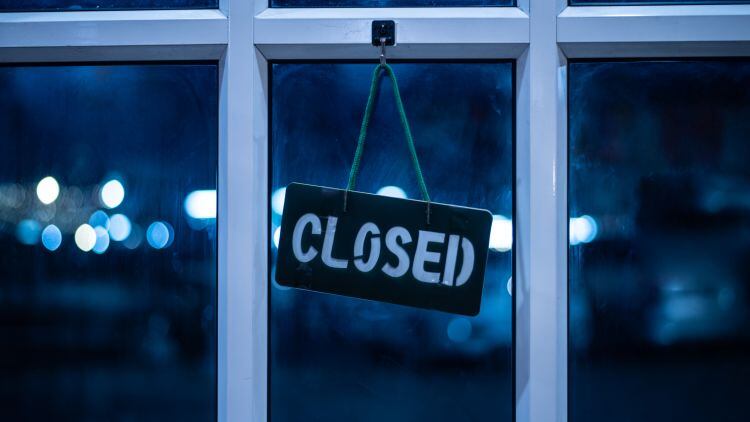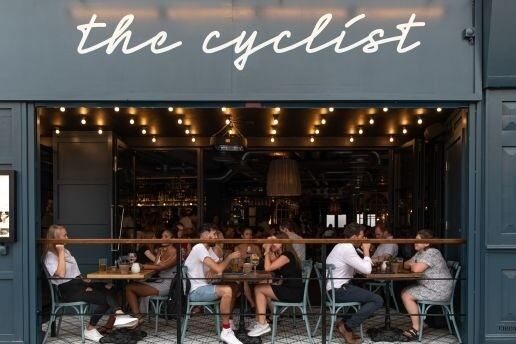The latest edition of the Market Recovery Monitor from CGA and AlixPartners revealed while 4,170 new sites have been recorded since the last month of 2019, the loss of 11,894 means there have been almost three closures for each new reopening. This has resulted in a net loss of 7,724 licensed venues.
The closure numbers are expected to increase, according to the research as the impact of restrictions including a huge drop in trade over December takes its toll.
The data also looked at the impact of outside trading and found 43.2% of England’s pubs, bars and restaurants have an outdoor area of some kind.
It also revealed this was higher in food-led pubs (78.4%) and community (71%), a lot fewer high street venues (25.6%) have this option and even fewer casual dining restaurants (11.4%).
CGA business unit director for hospitality operators and food, EMEA, Karl Chessell said: “These numbers set out the full, devastating impact of the pandemic on Britain’s licensed premises.
“The wipe out of Christmas trade was clearly the final blow for many businesses and the long wait that others now face to open their doors sadly means closures will mount even higher.”
Market segmentation
Food-led venues have been hit harder by the pandemic than the wet-led segment, according to the research, losing 7.6% and 5.5% of total sites respectively.
However, this was even more evident in the casual dining sector, which as contracted by 15.8% - meaning more than 1,000 venues or almost one in six, closing for good since December 2019.
The report also delved into different areas of the country and found central Sheffield, Liverpool, Edinburgh and Nottingham all losing fewer than 3% of licensed venues since December 2019.
The London market was contracted by 6.3%, which the report stated provided optimism major cities may rebound quickly when the sector can trade again.
Chessell added: “There is huge pent-up demand for hospitality among consumers and it is encouraging to see signs of resilience in the sector.
“Pubs have proved more durable than restaurants in recent months and outside service will give many of them a useful kickstart if the sun shines.
“Amid all the closures, it’s also encouraging to see a steady flow of new entrants to the market. We remain very confident about the long-term future of the sector but unfortunately, there is more pain to come first.”
Outside not viable
AlixPartners managing director Graeme Smith said while the Prime Minister has stated the country is on a one-way road to freedom, the hospitality sector still faces months of subjugation.
He added: “Businesses have spent almost an entire year closed or operating under the most severe restrictions and the Government’s roadmap to reopening does very little to ease their pain in the near-term.
“While permitting businesses to trade outdoors from mid-April will clearly benefit some segments of the market, a significant proportion of operators, even some of those with outdoor space, will not find it a viable option.
“For many businesses, it will not be until mid-June when restrictions are more fully lifted, that they will be able to trade on a profitable basis. The rapid acceleration in site closures since the start of the year demonstrates just how brutal the situation is.
“Businesses are burning through cash at an alarming rate as costs stack up and within the sector, there is despair as to why hospitality is at the back of the queue when it comes to reopening.”
Smith added the Chancellor’s Budget this week (Wednesday 3 March) will be crucial to the future survival of thousands of operators and called for a “substantial package of financial support” to help prevent even more closures.




